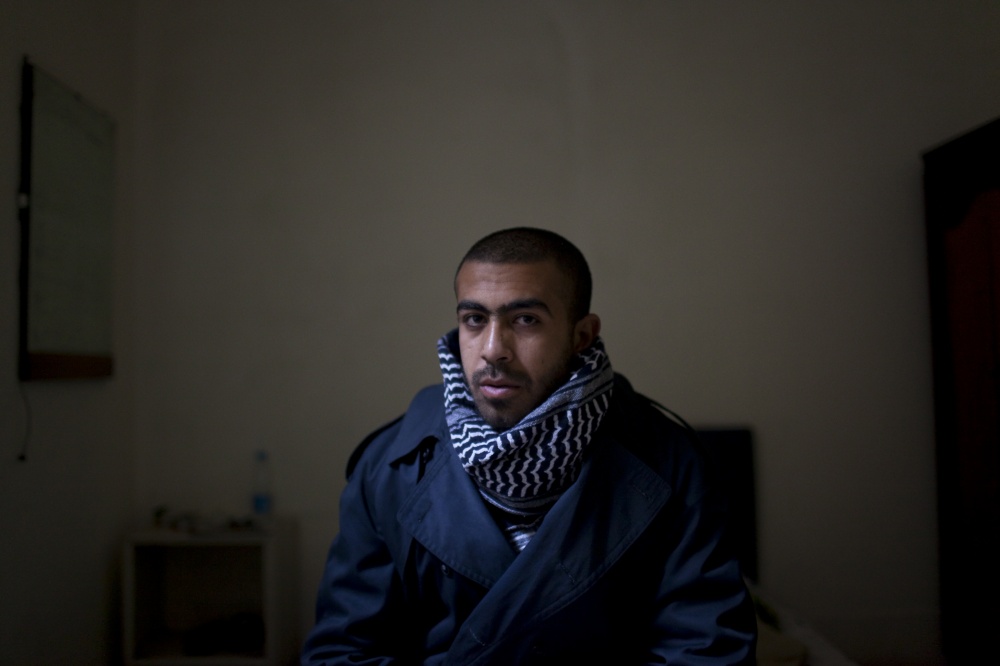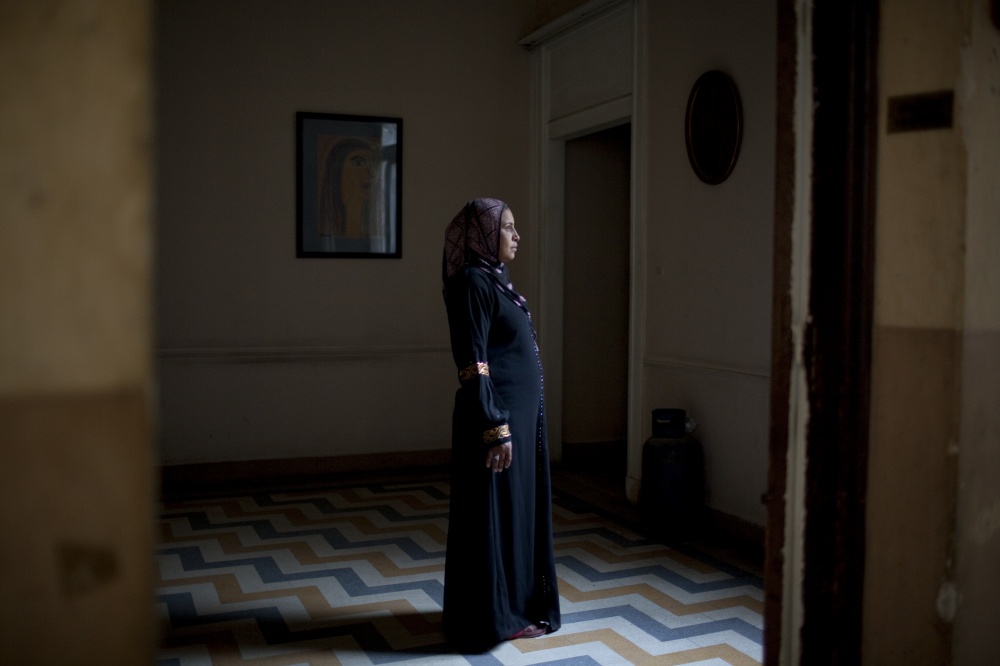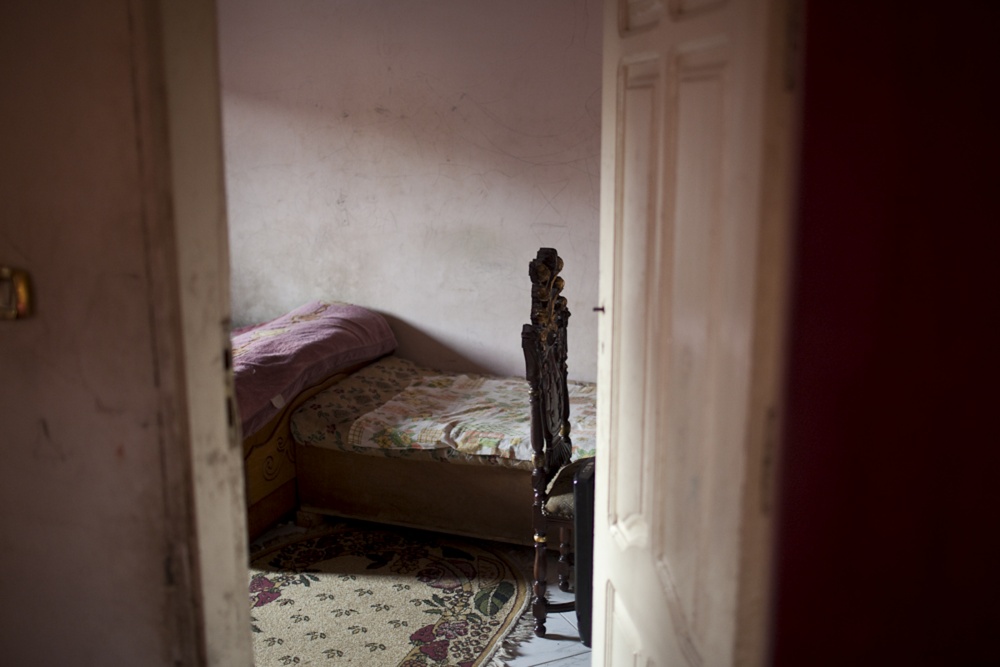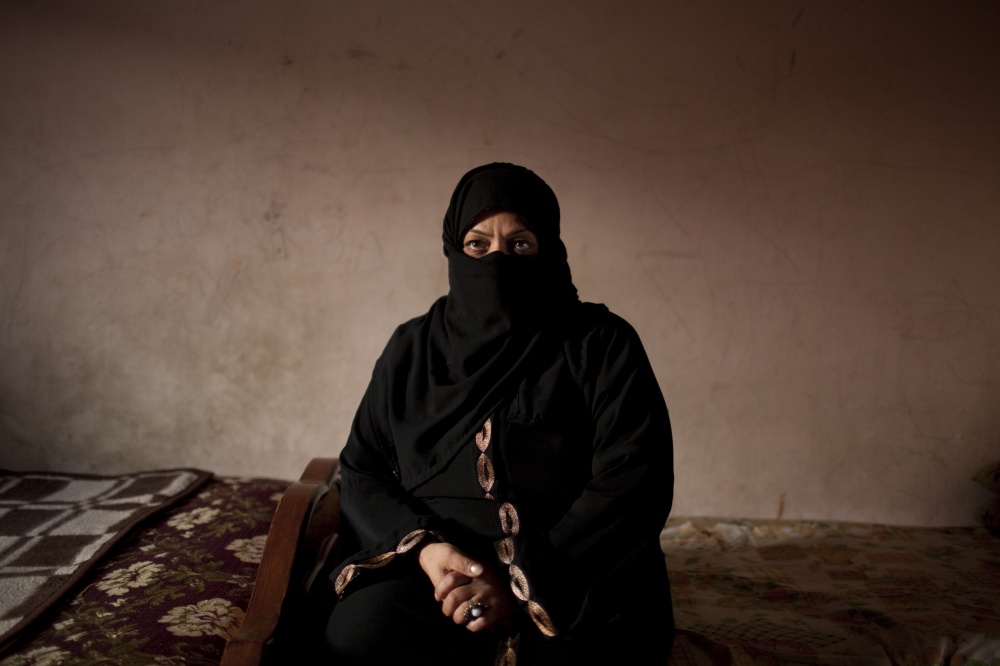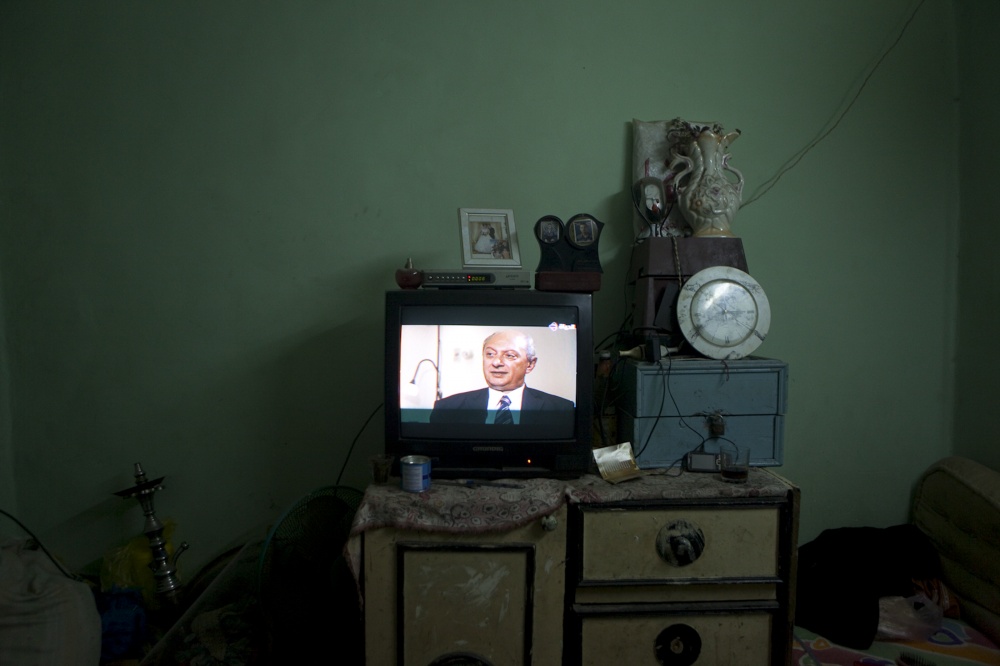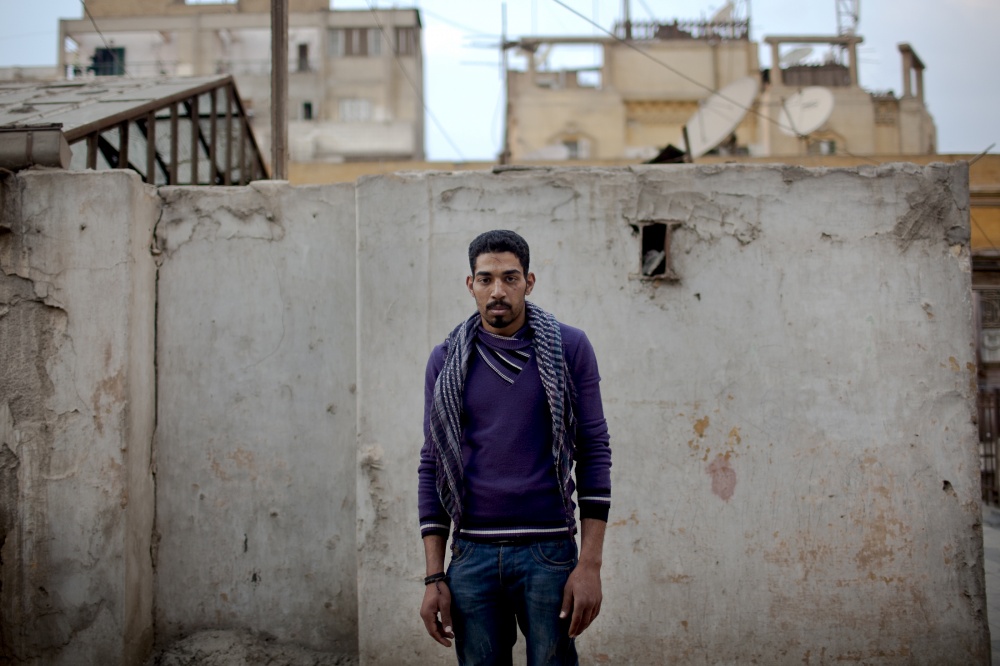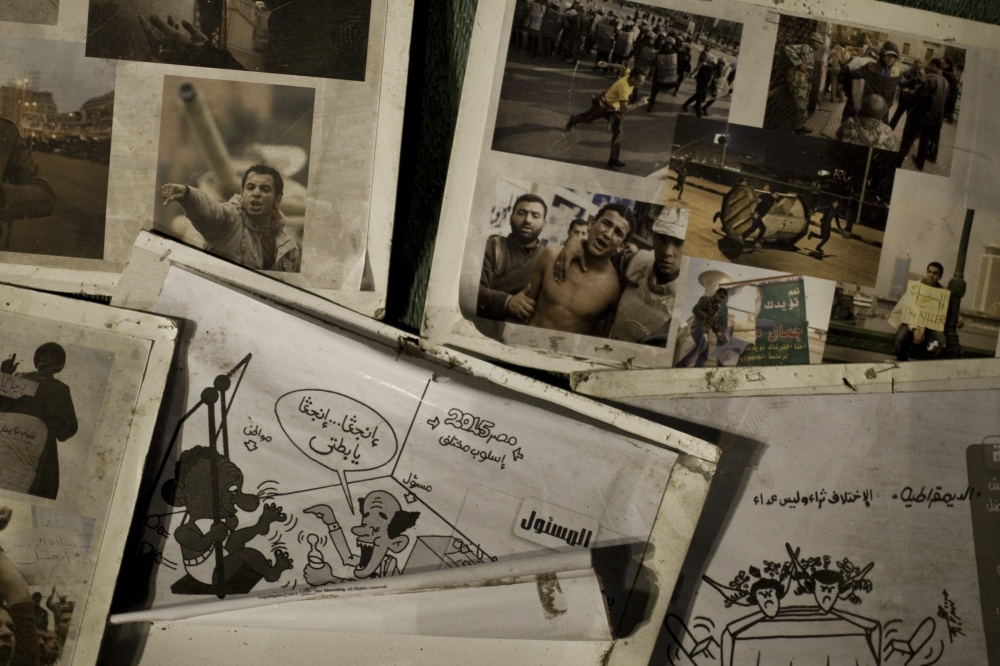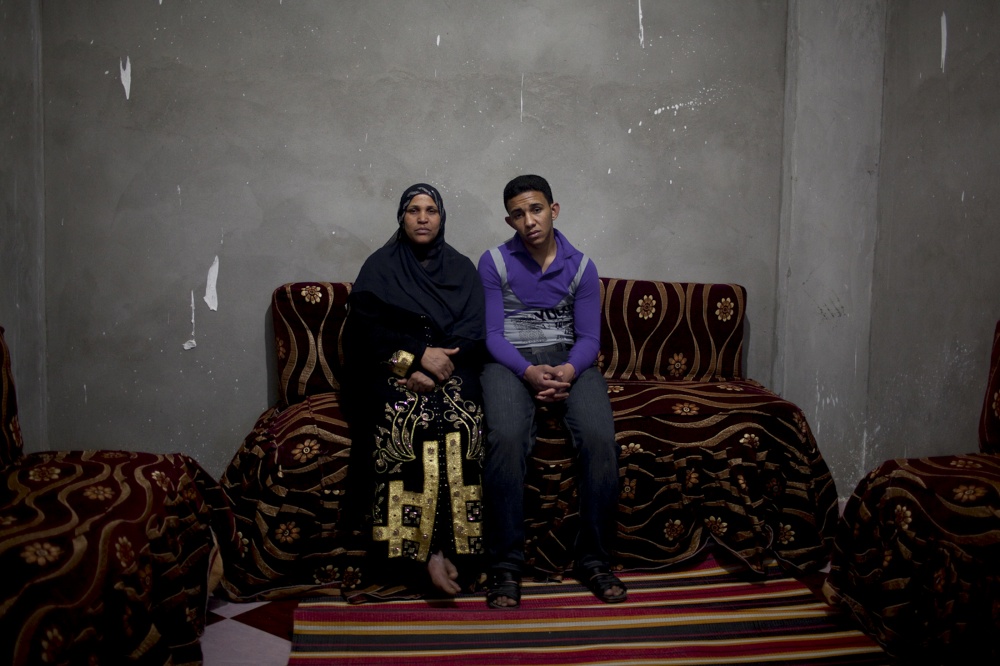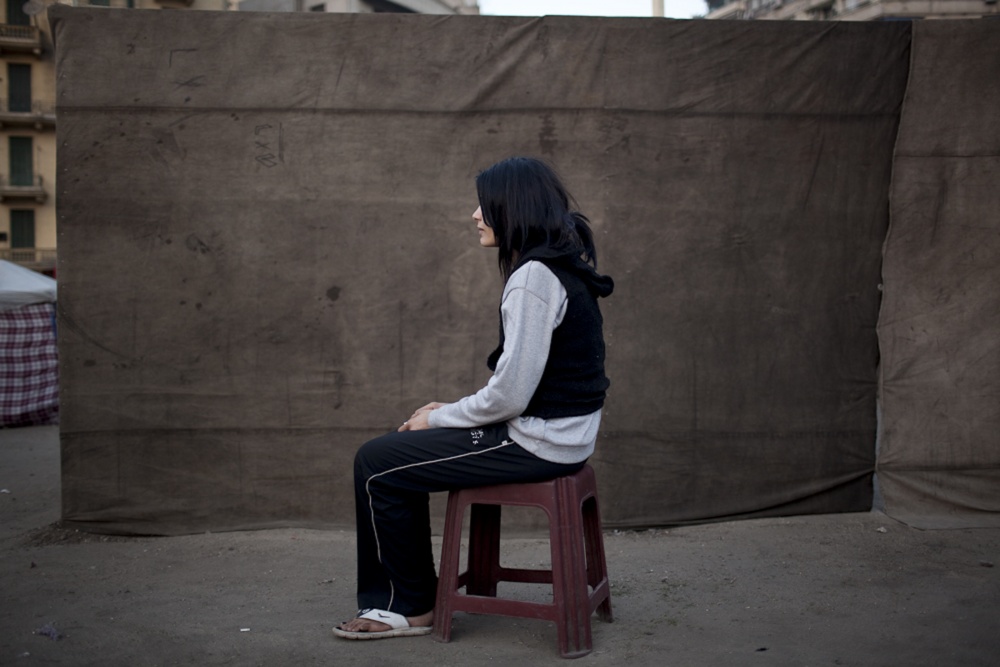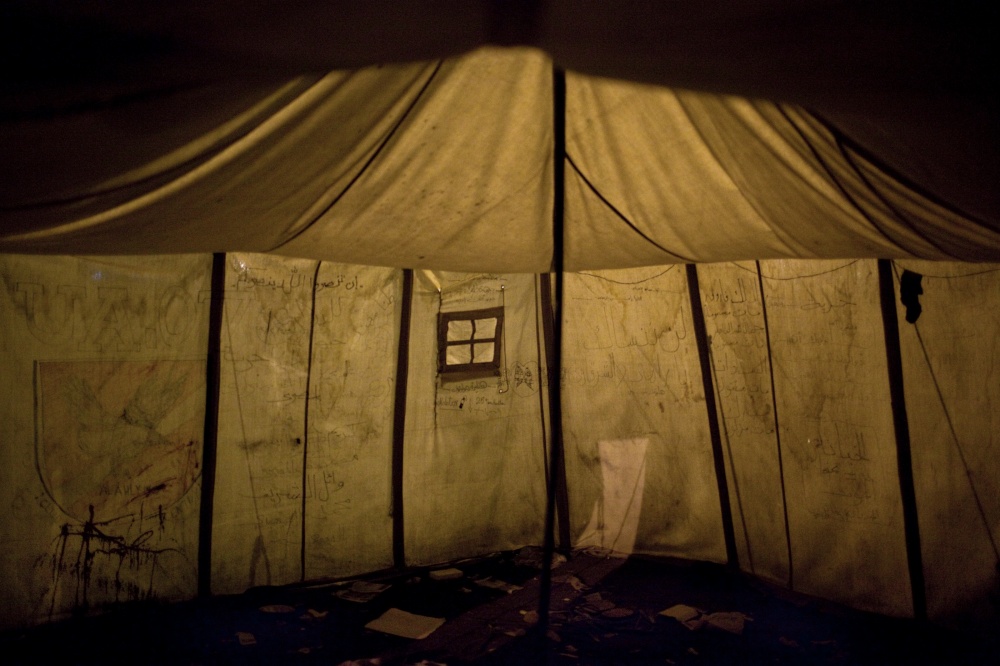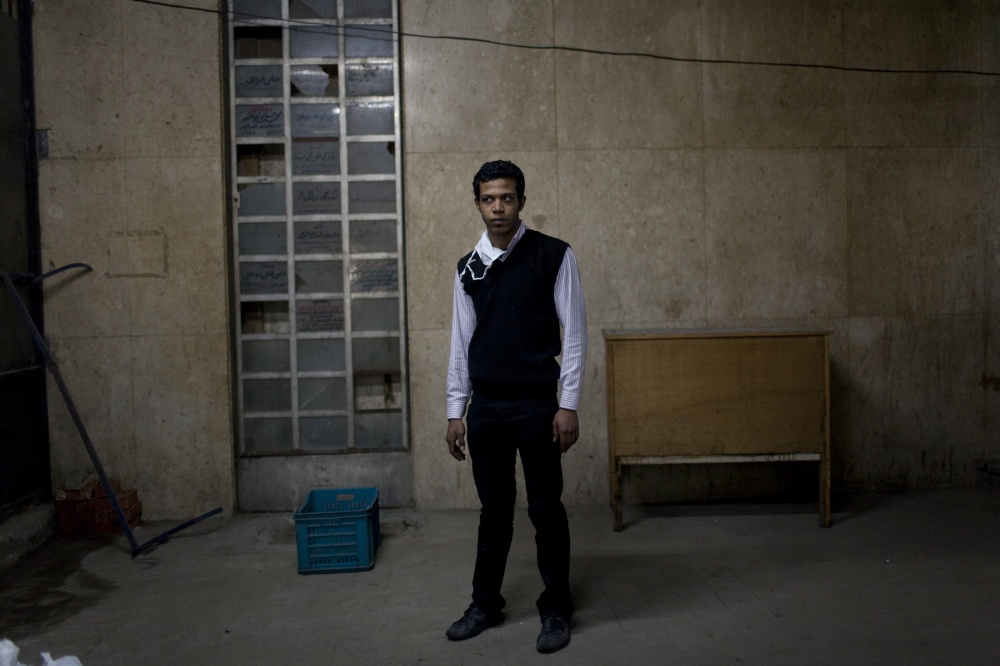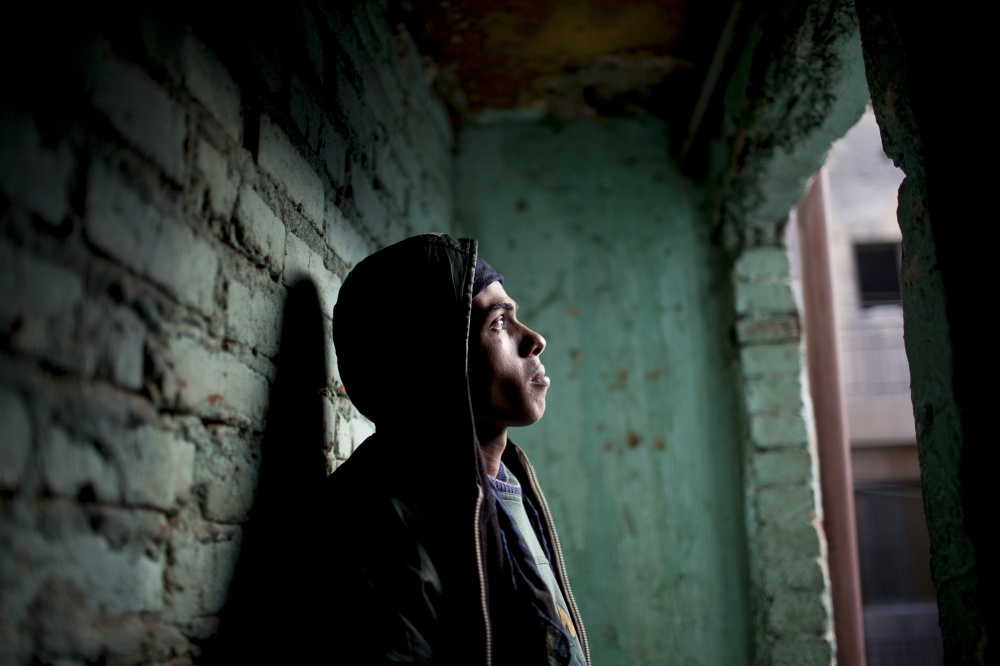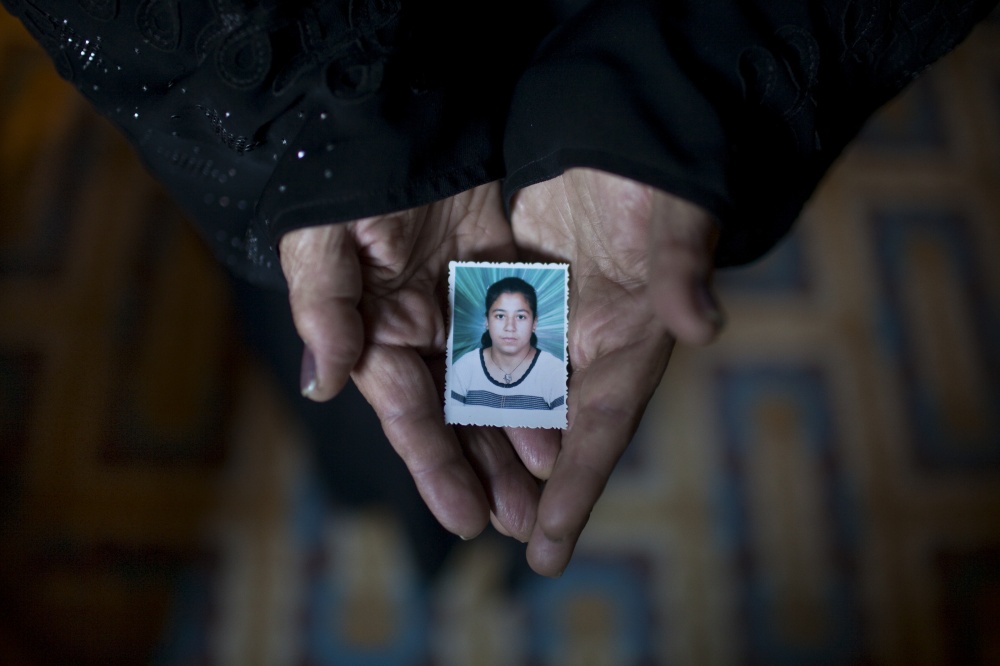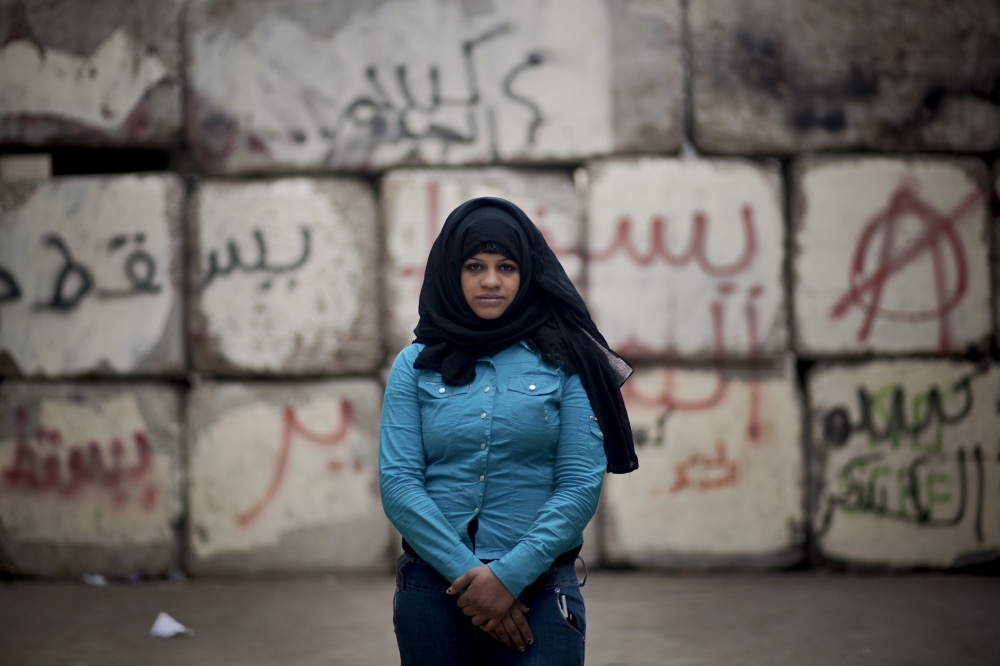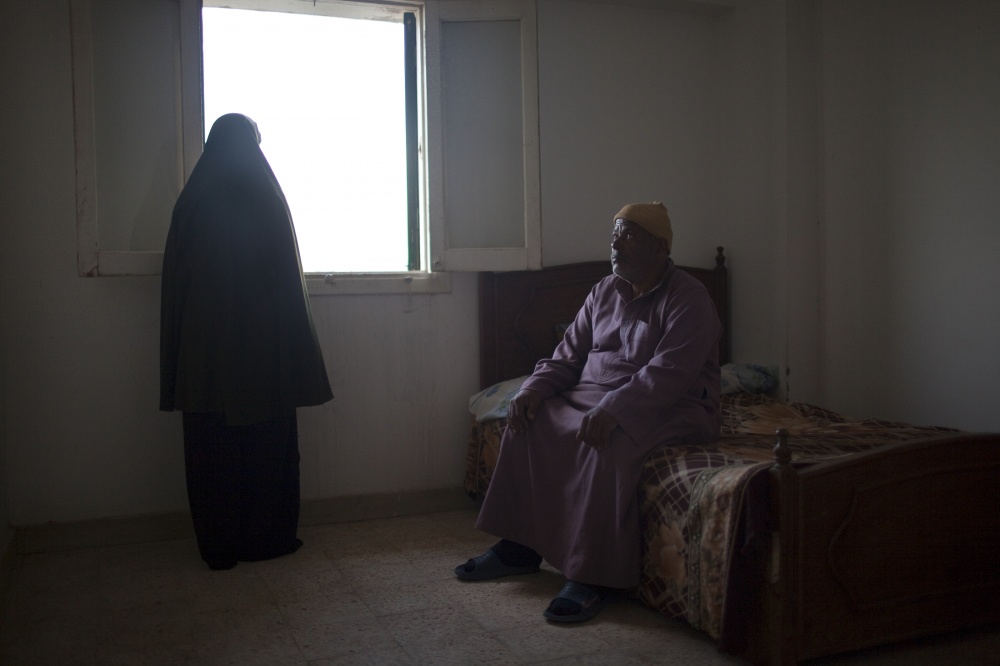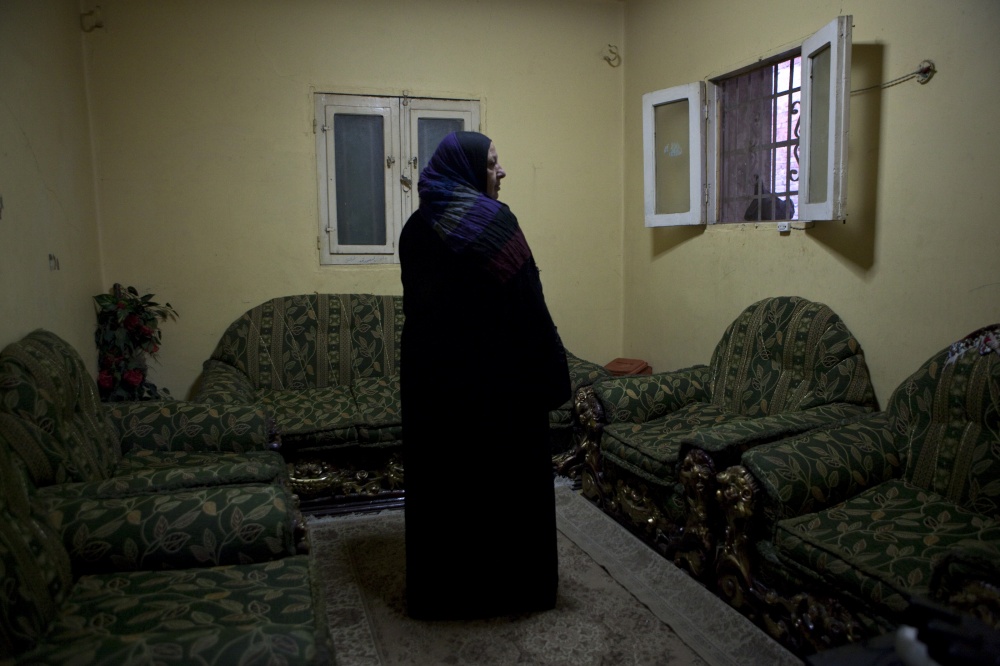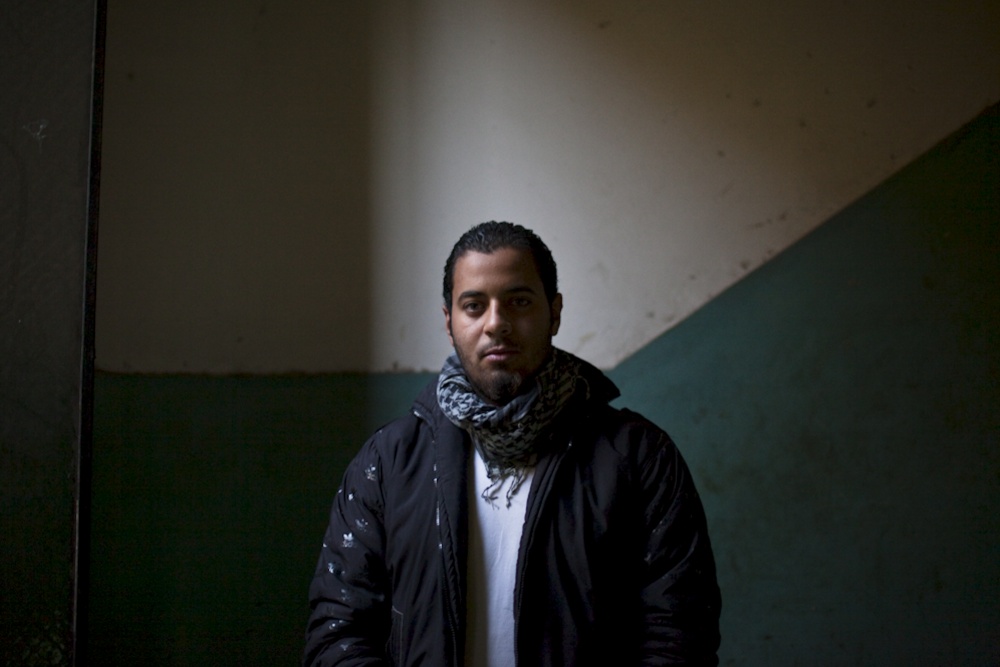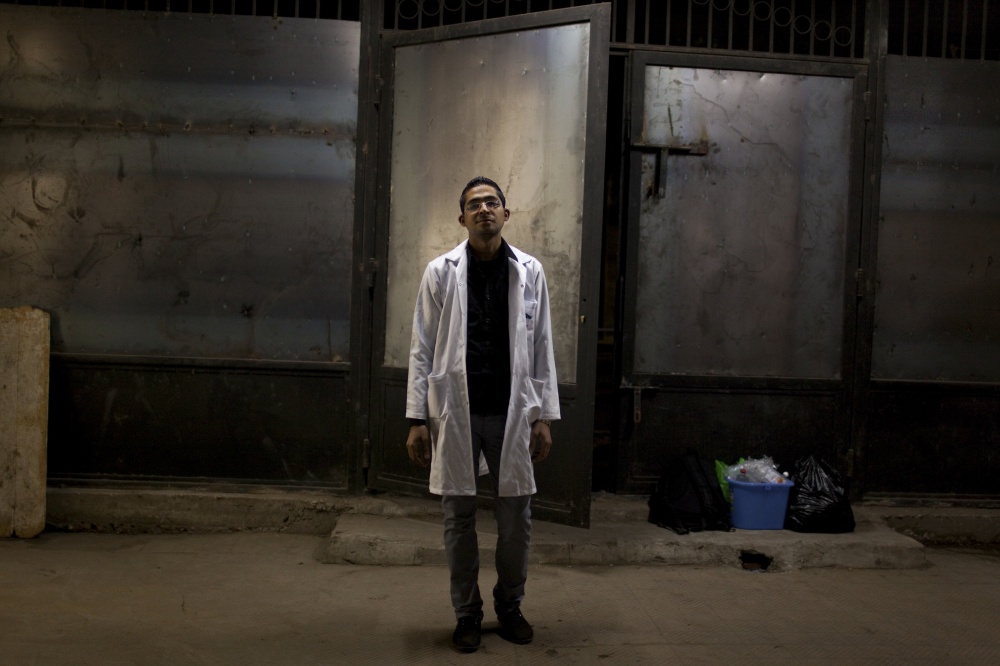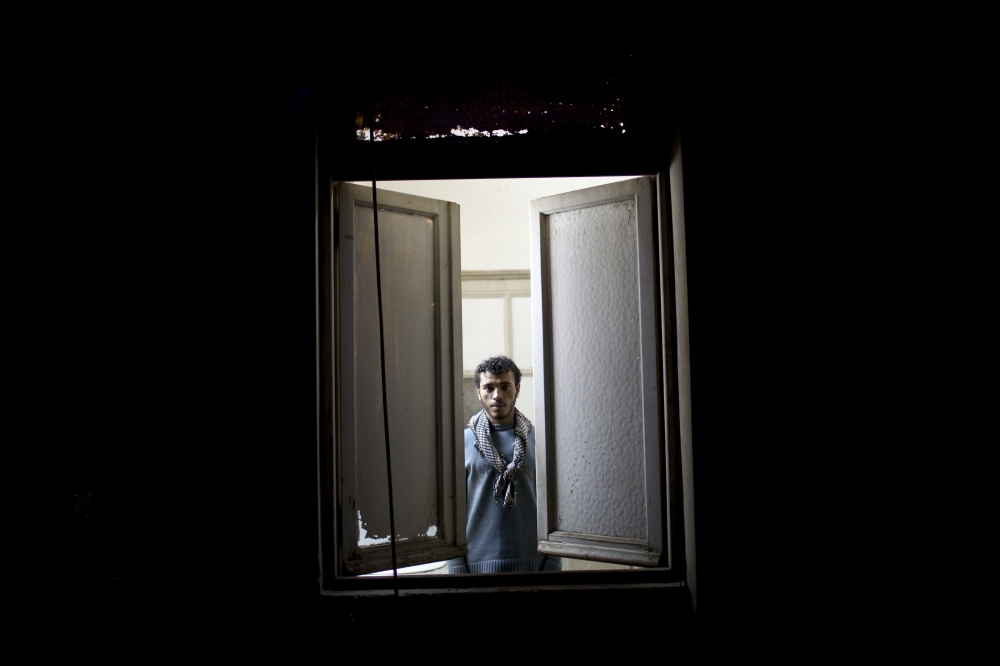"Political Prisoners of a Revolution" is an ongoing project that explores the lives of Egyptians who had experienced extensive prison sentences for political views. Some victims have remained in detention for up to a year, along with serious violations of their human rights, acts of torture, as well as sustaining inhumane conditions. Since January 28, 2011, the Supreme Council of Armed Forces (SCAF) have detained thousands of civilians without any access to lawyers and an opportunity to review the evidence against them.
After decades of living under oppressive dictatorships and economic stagnation, angry nations across the Middle East and North Africa started revolutions seeking change and democracy. Hosni Mubarak who lead one of the most durable regimes was forced to step down after 30 years of authoritarian rule as a result of the mass demonstrations that took place in the great cities of Egypt. Many people accused of supporting these political uprisings are suffering unjust consequences. Since assuming power the SCAF has failed to discuss several serious human rights problems in the country and in many cases has exacerbated them. It also appears clear that a lot of these people were very young in age, not extreme protesters, happened to be at the wrong place at the wrong time or were abducted at the hands of the Egyptian military. According to human rights groups, it is not clear how many people are behind bars in Egypt for political activities. SCAF is using military trials as a means to restrain dissent and create a climate of fear in Egypt. The aim of this work is to spark a profound engagement that gives viewers a more nuanced understanding of the military trials that have taking place among young men, woman and children in Egypt, and for those who are still serving a sentences.
In January 2012, I embarked on a personal project to shed light on this very sensitive topic and for the second time since the Egyptian uprisings began, I soon found myself in the heart of "Liberation" Square, downtown Cairo. With the connections I had made with many young people during the revolution and keeping in contact, I began to hear about the military trials that were unfolding in Egypt, and felt a need to pursue this story. On February 5, 2012, I met with Dr. R, a 28-year-old doctor who devotes himself to injured protesters during the sudden uprisings. Dr. R himself was a victim of military abuse where he was detained for 26 days and endured many acts of torture by the National Security. He was accused of interfering with government issues. Dr. R was simply helping the wounded and was seen as a threat by SCAF. He offered tremendous insight to some of the human rights abuses taken place. Approximately one month into working, I connected with an Egyptian activist group. They were instrumental in allowing me to gain access and information needed to locate people who suffered at the hands of the Supreme Council of Armed Forces.
The project aims to address issues such as social psychological scars, post-conflict experiences, feelings of abandonment, the transition back to normalcy and how individuals and families are coping with the hardships and the struggles for their rights in the ongoing aftereffects of the Egyptian Revolution.
-Brian Driscoll

